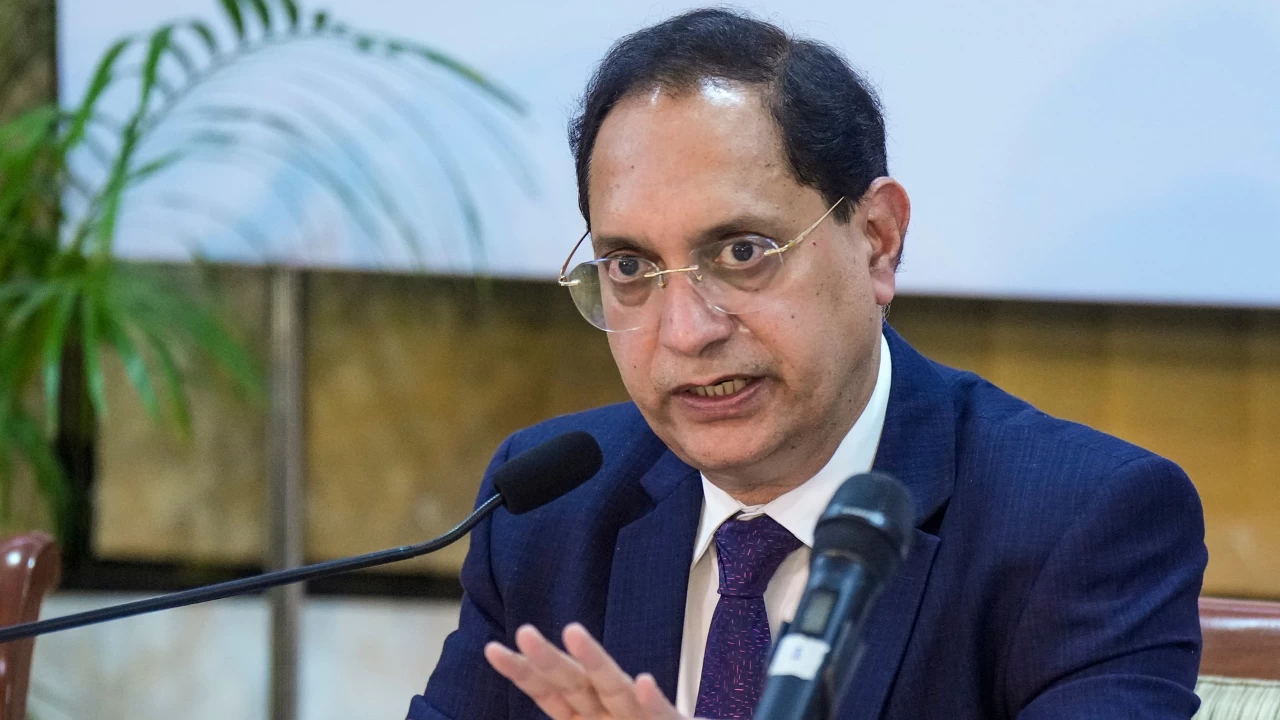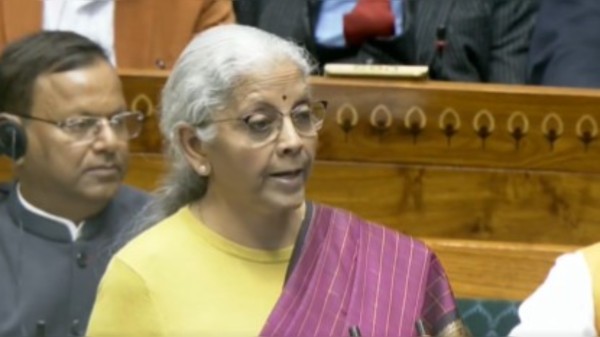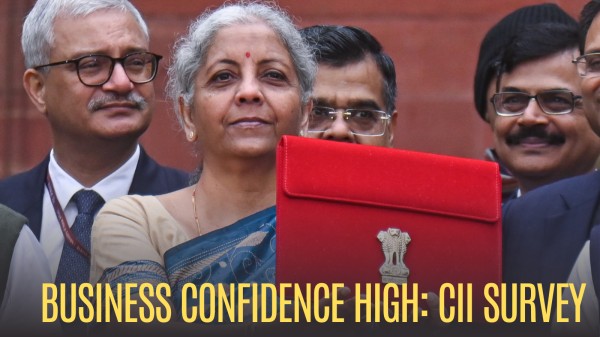

By signing in or creating an account, you agree with Associated Broadcasting Company's Terms & Conditions and Privacy Policy.


By signing in or creating an account, you agree with Associated Broadcasting Company's Terms & Conditions and Privacy Policy.

In a move aimed at benefiting large companies such as Reliance Jio Infocomm and the National Stock Exchange (NSE) going public, SEBI (Securities and Exchange Board of India) has eased initial public offering (IPO) and minimum public shareholding norms. The new move is expected to help reduce the dilution burden on the companies that are issuing shares.
Under the revised norms, the companies that have market capitalisation (M-Cap) between Rs 50000 crores and Rs 1 lakh crore will now need to dilute a minimum of 8 percent of shares before going public, down from the earlier mandated 10 percent. The very firms will now have a five-year time period to meet the minimum public shareholding (MPS) of 25 percent.
The companies that are of market value between Rs 1 lakh crore and Rs 5 lakh crore will now need to dilute 2.75 percent of shares from the earlier 5 percent mandated norm. Such companies will also get up to 10 years, compared with the current five, to meet the 25% MPS threshold. However, the firms above Rs 5 lakh crore MCap need to dilute 2.5 percent for issuing the shares, and they will also be given a time period of 10 years to meet minimum public shareholding (MPS) norms. This allows large issuers to launch smaller IPOs initially and expand public shareholding gradually, easing market absorption pressures.
"Regular dilution post listing impacts issuers until MPS requirements are complied with, may lead to price overhang due to the impending equity dilution, thereby adversely affecting the interest of existing public shareholders," Sebi chairman Tuhin Kanta Pandey told reporters here.
"Further, under the proposed MPO (minimum public offer) requirements, issuers are recommended to be permitted to list with a lower initial public float, hence, an extended period is required to allow them to achieve MPS of 25 percent in a gradual manner. Extended period for large issues also do not pose risk of low liquidity in large size IPO," he added.
The changes, Sebi said, will broaden long-term institutional participation, diversify anchor books, and align India’s IPO framework more closely with global practices.












